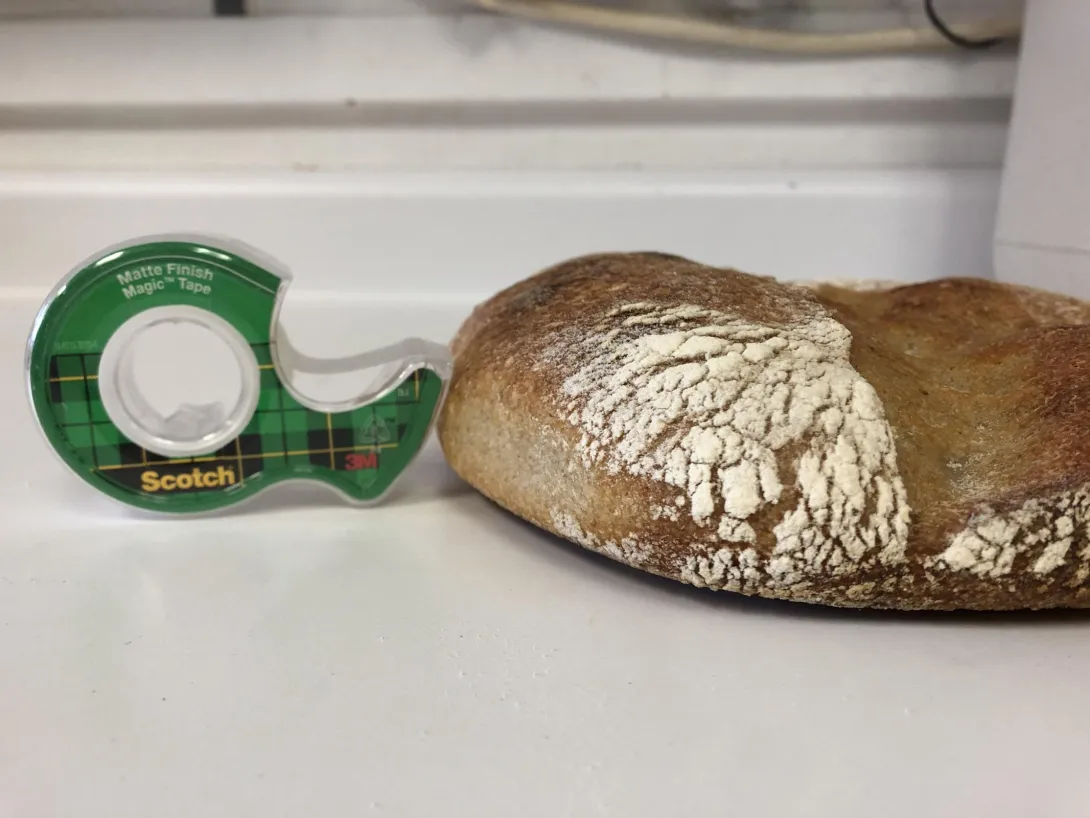
I am reaching out as I am having trouble achieving consistent results with my basic sourdough. I am hoping some of you can offer insight as to why this keeps happening.
I follow the basic procedure outlined in Tartine book. Here are some other basic facts about my issue. This is only happening with my 100% white sourdough loaves. Any of my other breads (whole wheat, cranberry walnut, etc.) are all rising just fine. So, it cant be the starter/yeast, can it???
What happens is they seem to "melt" in the oven and never achieve a nice oven spring that we look for. This hasn't always been an issue. In fact, you will see in the attached photos, I have gotten very nice looking results before. This only seems to be an issue lately.
My process and recipe:
70% hydro
20% leaven
2% salt
Mix
autolyse at least 20 mins
add salt
stretch and fold every 30 for at least 2.5 hours, then bulk another hour at LEAST
divide, shape into bannetons
sit (final proof/ferment) at room temp between 70-75 for about 15-16 hours
put in oven (Rofco) with first 20 for steam, then up vents for last 20-25
open oven
scream
throw some loaves across the room
contemplate new career.
I am very frustrated I cannot achieve consistently good results with this most basic of breads and the standard by which any bread baker should be judged. Again, all of my other loaves come out just fine, but I am running out of excuses when people come in asking for Classic Sourdough and I have to offer is pancakes. Maybe I just need some commiseration...
Thank you for reading and for any advice you can offer!
15-16 hours is really long for a room temp final proof. I'd recommend cutting that back to 2-4 hours depending on how the dough behaves, or just putting it straight into the fridge for 16 hours if it's a timing issue. But from that info and the picture it looks like the loaf overproofed. Do your other loaves that have been successful also get such a long room temp final proof?
I forgot to mention those other loaves are retarded in the fridge. My SDs are the only ones to stay at room temp. I was thinking it wasn't an issue of over-proofing because I've had over-proofed loaves before and these behave very differently from those--they don't deflate in the same way. But, I will definitely try to lessening the proof time. Thanks!
Are you saying that other types of bread have had failures from over-proofing but they fell worse?
That would make good sense, I think - white-flour dough might tend to have a stronger structure from gluten, and therefore not collapse as dramatically.
No, my other loaves are just fine. Now that I have considered a few things, I believe it is an issue of over-proofing. Now that summer has arrived, I may need to do my final rise in the fridge.
(I meant those other over-proofed loaves from the past, the ones that didn't look much like this.)
i was thinking... if it's happening to white loaves, perhaps the flour is not as absorbent as the whole flours and seeds. Maybe the dough is too wet. Try cutting back on some of the water and... keep folding. Actually wait to fold until the dough starts to puff up a little and then start the folding. Keep the dough where you can work, cover and watch it rise. Keep folding and finish each folding with a shaping, that way when the last rest and rise looks like you want to bake it, go ahead and do so.
Fold only when the dough seems to be loosing its upward rise and shape. When it expands more sideways than up, fold it and tuck under the corners. You may notice that as the dough ferments, there is a need to fold it at shorter intervals to maintain shape. When the intervals are about 40 minutes between gentle folding, turn on the oven.